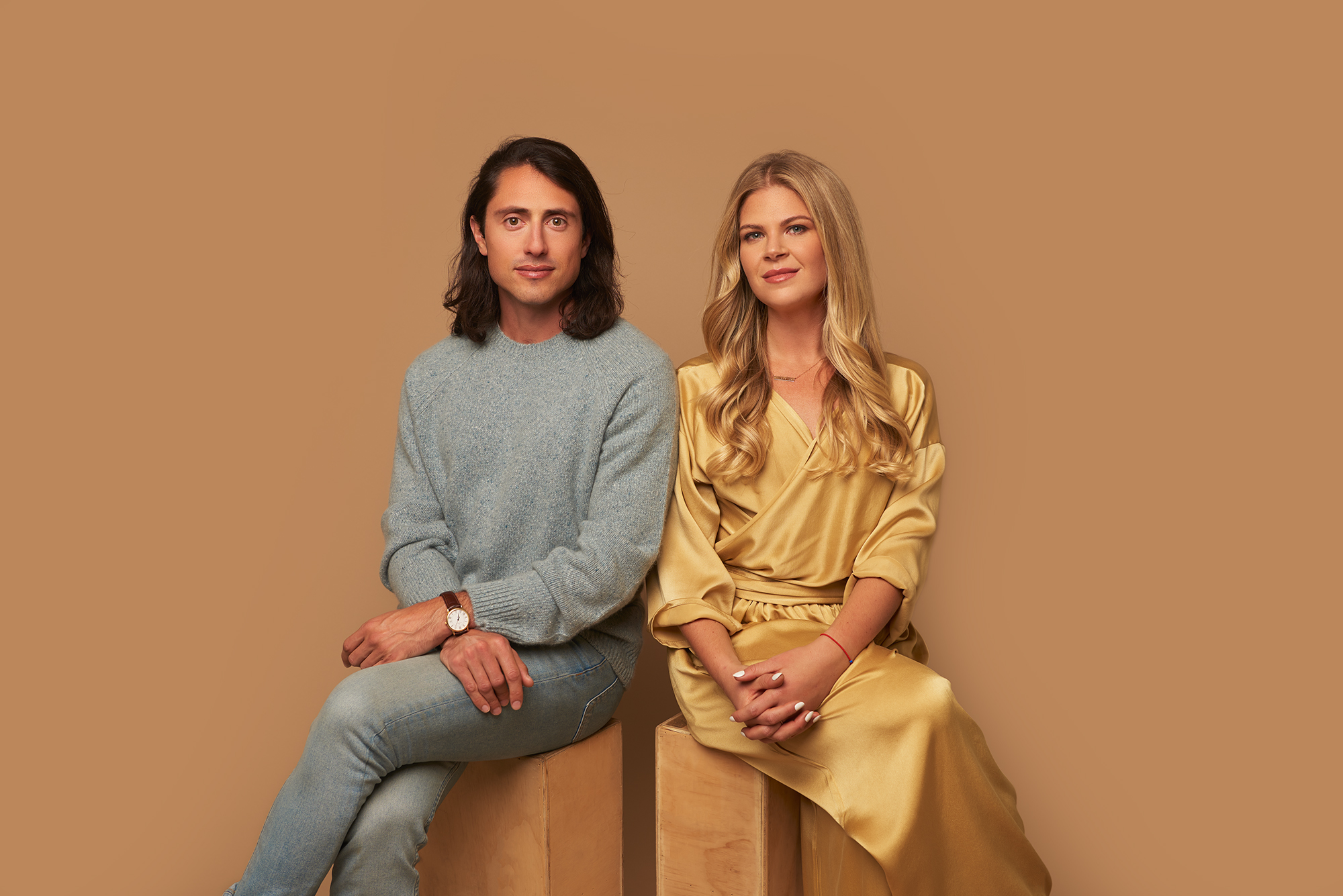Last year, when co-founders Danny Steiner and Krista Berlincourt first debuted Kenshō Health, their directory and information service for holistic medicine, Berlincourt called it “the antithesis of Goop”.
While Gwyneth Paltrow’s lifestyle brand startup serves up a heady mix of unverified pseudo-scientific claims alongside long-standing holistic practices, Steiner and Berlincourt focused on the verified and verifiable claims coming out of the medical community.
Kenshō, ‘the antithesis of Goop,’ launches a research-based guide to natural medicine
The two founders and their Los Angeles-based team amassed a group of healthcare providers hailing from Stanford University, Harvard University, Columbia University and others — all with a concentration on accreditation.
Now the service is publicly available and serving up the latest information on holistic medicine — powered by a partnership with the academic publisher Wiley — and a verified list of local practitioners for consumers seeking treatments.
“We have six points of verification,” says Steiner. “We look at accreditation, experience, peer reviews, customer reviews, we speak to the providers themselves to make sure we’re on the same page of what we’re trying to provide and for premiere providers we do a background check.”
That vetting has gone a long way toward providing what the company’s founders say are tens of thousands of beta users with a search and discovery tool for information on holistic health and wellness and direct access to holistic health practitioners.
While “wellness” is a nebulous term often representing therapies with questionable clinical value, it’s a huge business in the U.S. and around the world. Some estimates from industry organizations like the Global Wellness Institute put the dollar value of the industry at roughly $4.2 trillion, encompassing everything from medical tourism to personalized and complementary medicine.
The complementary medicine component alone is a $360 billion market opportunity, according to the GWI, and it’s there that Berlincourt and Steiner are focusing their attention.
Kenshō Health co-founders Danny Steiner and Krista Berlincourt
“We wanted to create something that acted at the right point of intervention,” says Berlincourt, a former public relations professional who launched the business after turning to holistic medicine to treat her chronic adrenal failure. “So we curated a provider network and made [complementary medicine] easy to understand through research.”
The company encourages providers on its platform to offer their services on a sliding scale to improve accessibility and ensure that “this isn’t only for the wealthy elite,” says Berlincourt.
While the service is currently free, both Berlincourt and Steiner say there are obvious paths to making money that the company will explore after it builds out a solid base of users. Various potential revenue streams involve selling treatment or instructional packages or charging for listings on the site.
Kenshō’s thesis on a broader market embracing the principles of holistic medicine seems to be supported by recent moves from the nation’s largest public healthcare providers. For the first time, Medicare and Medicaid are now officially covering acupuncture as a verified treatment option for certain conditions, the Center for Medicare and Medicaid Services announced last week.
There’s also a broader recognition of the role that lifestyle and general health and fitness play in most illnesses, says Berlincourt.
“87 percent of deaths are related to lifestyle related disease according to the CDC,” she says. “And 75% of what we’re spending on healthcare is on the conditions associated with these chronic diseases. We don’t treat the root cause and people don’t know that there are other options.”
Now, with the public launch and financial support for investors like CrossCut Ventures, Female Founders Fund and Evolve Ventures, the company is hoping to create the “Good Housekeeping seal of approval” for wellness providers, according to Berlincourt.
“Conventional medicine wants to play with holistic medicine, but there’s a lack of connection. Our goal is to provide that connection.”